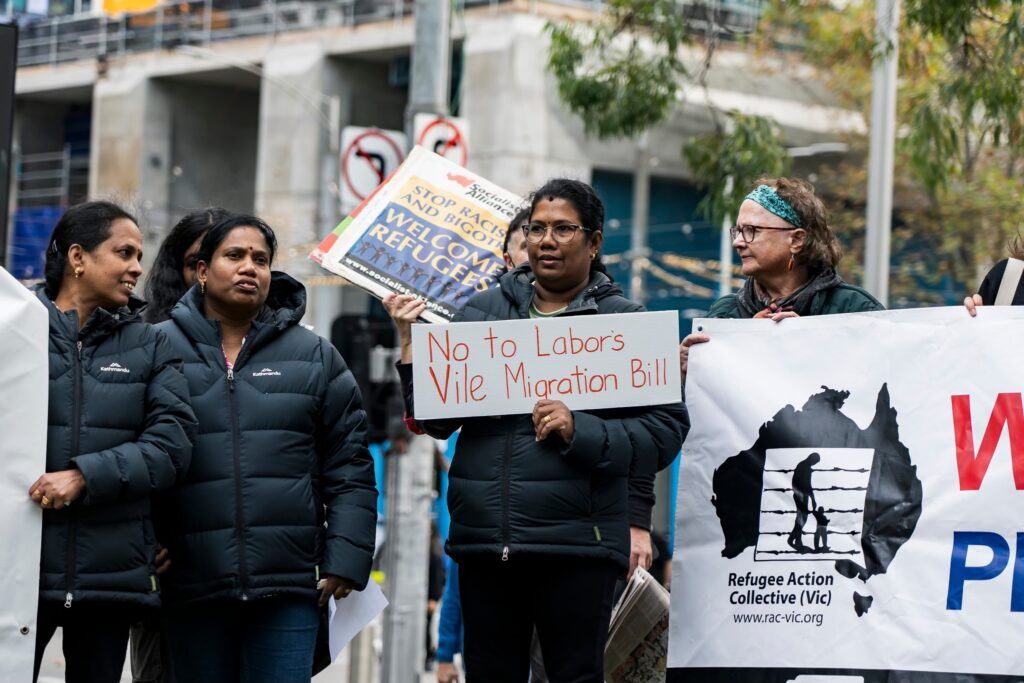The workplace should be a space of equal opportunity and respect, yet for LGBTQ young people, it is often a breeding ground for harassment.
A recent ANROWS-funded study has uncovered alarming findings: 77% of LGBTQ young people surveyed reported experiencing workplace sexual harassment, a troubling statistic that highlights a critical gap in workplace inclusivity and safety.
Harassment Rooted in Identity
The harassment experienced by LGBTQ young workers is frequently tied directly to their identities, making it distinct from traditional narratives of workplace sexual harassment.
Many reported inappropriate and unwelcome behaviours targeting their sex, gender, or sexuality. For some, the uncertainty about whether their experiences qualified as sexual harassment further compounded the issue, reflecting a lack of awareness and training in recognising such misconduct.
Most perpetrators were men acting alone, taking advantage of power dynamics or unchecked workplace cultures. Despite the high prevalence of harassment, most LGBTQ young people chose not to report incidents formally.
Instead, many opted to leave their jobs altogether, a choice often driven by the perception that workplaces were culturally unsafe and non-inclusive.

Unsafe Work Environments and Lack of Training
The study highlights the environments where transphobia, homophobia, and biphobia thrive as fertile ground for harassment. These culturally unsafe workplaces often lack adequate mechanisms to prevent or address harassment.
Furthermore, the study found that many LGBTQ young people had received minimal or no training on workplace sexual harassment. This absence of education exacerbates their vulnerability and leaves them ill-equipped to navigate or challenge harmful behaviours.
Long-Term Impacts
The effects of workplace sexual harassment are far-reaching. LGBTQ young people face not only immediate emotional distress but also long-term impacts on their mental health, career progression, and financial security.
Many feel forced to prioritise their safety over their livelihoods, resulting in job instability and financial loss.
Recommendations for Change
The findings highlight an urgent need for action at multiple levels to create safer and more inclusive workplaces.
For Government:
- Invest in a national public campaign addressing sexual harassment across workplaces, education, health, and sports.
- Enhance employers’ and employees’ understanding of workplace sexual harassment, with specific training on the experiences and needs of LGBTQ young people.
For Business Owners and Managers:
- Review and update workplace sexual harassment policies, ensuring they explicitly address the needs of LGBTQ employees.
- Establish clear, confidential, and supportive reporting pathways that foster trust and encourage accountability.
- Deliver regular training that educates staff on recognising and addressing behaviours that constitute harassment, particularly those targeting LGBTQ individuals.
For Education Sectors:
- Identify and address gaps in sexual harassment policies, training, and reporting mechanisms across schools, universities, and professional training institutions.
- Integrate anti-sexual harassment education into Respectful Relationships Education in Schools (RREiS) from primary to secondary levels.
Towards Inclusive Workplaces
Creating inclusive, respectful workplaces is a shared responsibility. By implementing these recommendations, governments, businesses, and educational institutions can take meaningful steps to protect LGBTQ young people from harassment and empower them to thrive in their professional lives.
This is not just a moral imperative but also a foundational step towards equity and safety for all workers.

